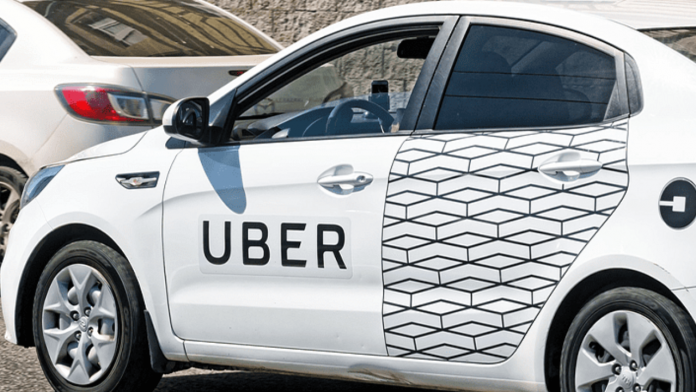In a bold move that could reshape India’s ride-hailing industry, Uber has launched a private car rideshare service in Assam. Competing against homegrown players like Ola and Rapido, the American giant has introduced this service under the name Saarthi, marking a significant shift in how ride-sharing operates in the country.
The announcement was made at Advantage Assam, the state’s premier investment summit, where Uber signed a memorandum of understanding (MoU) with the Assam government to onboard private vehicles onto its platform. This development follows Assam’s groundbreaking decision in 2023 to allow private car owners to operate as taxi drivers, making it one of the first states in India to adopt such a policy.
Continue Exploring: “Kuch Nahi Hoga”—Anupam Mittal Challenges This Dangerous Mindset in Policy Bazaar’s New Ad
Uber has committed ₹120 crore in investments over the next three years in Assam, aiming to create 20,000 livelihood opportunities. The initiative also prioritizes inclusivity, with the company specifically looking to onboard women and army veterans, providing them with flexible earning opportunities through the app.
Addressing Driver Shortages & Ensuring Safety
The move comes at a time when India’s taxi industry is grappling with driver shortages, and Uber sees private vehicles as a viable solution to bridge the gap. However, safety remains a key focus. According to Uber, all drivers will be subjected to background checks, and the company’s existing safety features—such as a 24×7 Safety Line, phone number anonymization, and an in-app emergency button—will be available for both riders and drivers.
Uber is also rolling out women-focused features similar to its Uber Moto Women initiative in Bengaluru. This allows female drivers to choose whether they want to accept ride requests from all passengers or only from women, ensuring greater safety and comfort.
How Private Carpooling Will Work in Assam
Under Assam’s revised regulations, private vehicle owners can offer up to four intra-city rides per day and two intercity trips per week. Additionally, drivers must have a minimum insurance coverage of ₹5 lakh. While this model has sparked nationwide interest, other states have been hesitant to adopt similar measures, largely due to opposition from taxi and auto-rickshaw unions. In cities like Bengaluru and Mumbai, attempts to introduce private car-sharing have met with significant pushback. However, Assam’s decision might pave the way for similar policies in other regions.
Continue Exploring: Lahori Beverages Nears ₹450 Crore Fundraise as Valuation Soars to ₹2,500 Crore – A New Challenger in India’s Booming Drinks Market
Beyond expanding its fleet of cars, Uber has also been actively tweaking its business model. Recently, the company introduced a subscription-based model for auto drivers across India, a move inspired by competitors like Rapido and Namma Yatri. With these strategic changes, Uber is positioning itself for the next phase of India’s ride-sharing evolution.





